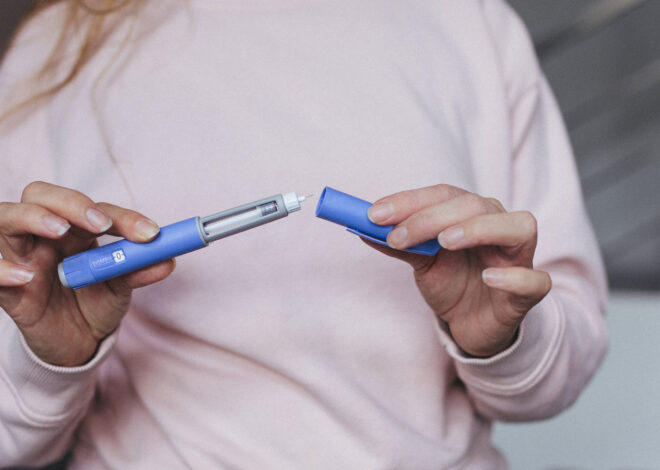
Snacking Habits That Can Help Lower Your High Cholesterol – Health Digest
High amounts of sugar and sodium are often hiding in more foods than you realize, making choosing a healthy snack tricky business when trying to lower high cholesterol. Also known as hyperlipidemia, Cleveland Clinic experts explain that a total cholesterol reading of 200 milligrams per deciliter (mg/dL) or above is considered high. When paired with healthy snacking habits, however, there are plenty of delicious snack options out there that may help decrease this number.
“When trying to lower cholesterol, our best friends are healthy fats and fiber,” Daisy Mercer, registered dietitian at MyFitnessPal, told Health Digest in an interview. This can include a handful of nuts or seeds, such as almonds, cashews, chia, and flax, which contain healthy fats that may help reduce “bad” LDL cholesterol while boosting “good” HDL cholesterol (via Mayo Clinic). Additionally, she states that fresh vegetables and fruits, such as grapes, strawberries, and apples, are packed with fiber, which can also help fight against high levels of LDL cholesterol (via Harvard Health Publishing).
Are there certain times of day where snacking is better or worse for lowering cholesterol?
Many people are evening snackers, but Daisy Mercer tells us that morning, noon, or night makes little difference when it comes to what time of day is better or worse for lowering cholesterol. Rather, it’s what we’re eating that matters. “Your body doesn’t make more “bad” cholesterol at any particular time, it is just that we tend to eat foods higher in saturated fat later at night as a treat,” Mercer says. In fact, researchers from a 2013 controlled trial published in the American Journal of Physiology: Regulatory Integrative and Comparative Physiology found a link between nighttime snacking and increased total and LDL cholesterol levels in eleven healthy women.
Overall, making it a habit to reduce saturated fat intake while increasing consumption of healthy fats can be beneficial for people looking to lower their cholesterol. While more research is still needed on the effects of intermittent fasting on cholesterol levels, Mercer points out that the focus is more so on reducing overeating than it is about the exact timing of one’s meals. To learn more, here are some of the pros of intermittent fasting, as well as its cons.
Making mindful eating a healthy habit
It’s easy to reach for one more handful of potato chips or one more chocolate chip cookie when the bag or box is right there in our laps, especially when we’re bored. Rather than mindless snacking, Daisy Mercer employs a simple method for making mindful eating a regular habit.
“A technique I like is to find a snack you want, look at the serving size on the back, take that serving and leave the box/bag in the cupboard,” she says. The trick is to then sit down and eat the snack in a different room. Once done, most of us won’t feel compelled to get up and travel back to the kitchen for more. If so, she suggests getting a second, smaller portion or choosing something else entirely. She explains that this technique allows us to be more actively involved in the decision-making process around our snacking habits.
“It is not about restricting and saying you can’t have the thing you crave, it is about being reasonable,” Mercer concludes.





